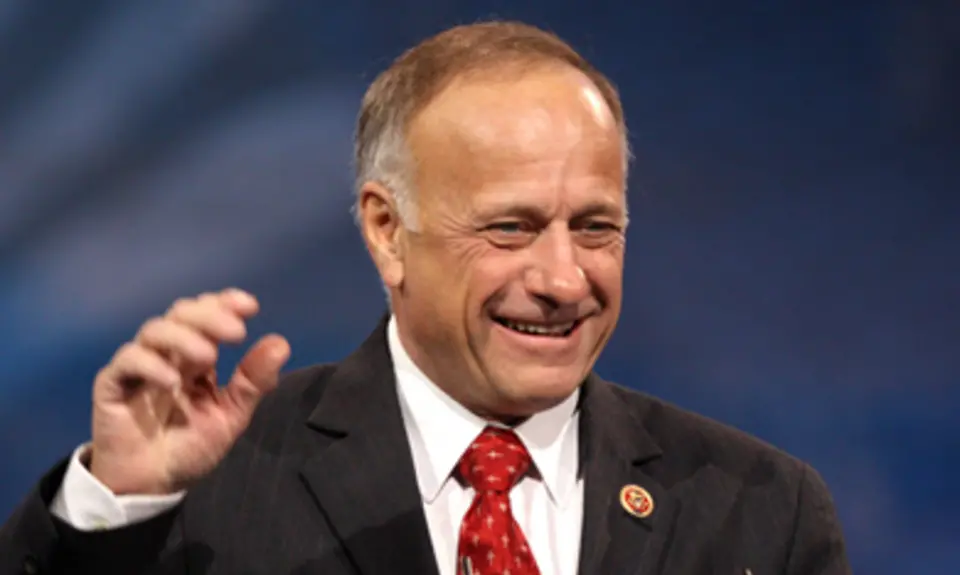As the anti-immigrant hate group Federation for American Immigration Reform (FAIR) convenes its annual radio row event in D.C. this week, House Republicans are bringing to the floor two anti-immigration bills, one that would penalize sanctuary cities and another that would increase penalties for people who enter the country illegally multiple times.
The latter bill is called “Kate’s Law” after Kate Steinle, a woman who was killed in San Francisco by an undocumented immigrant and whose story has become a rallying cry for nativist activists hoping to portray undocumented immigrants as a whole as a criminal threat to American citizens.
The idea of using tragic cases of American citizens killed by undocumented immigrants in order to promote the false narrative that undocumented immigrants are prone to crime is one that has been popular in the fringes of the anti-immigrant movement for years but was thrust to the mainstream by Donald Trump’s presidential candidacy. In his campaign, Trump worked with the Remembrance Project, a group with white nationalist ties that perfected this strategy, often bringing the family members of those who were killed on stage with him. When the Trump administration announced that it was establishing a new office for “victims of immigration crime,” it wasn’t hard to trace the idea back to the Remembrance Project.
Earlier this month, Politico reported that a number of families who had worked with the Remembrance Project and its director, Maria Espinoza, were feeling “used, abused and exploited” because they had expected financial assistance from the group but were instead merely used as political props. Politico notes that a few of the families were “planning a new group through which they intend to provide such assistance.”
On Tuesday, Rep. Steve King, a Remembrance Project ally whose anti-immigrant rhetoric has increasingly been crossing over into overt white nationalism, joined with a few families to launch what appears to be a direct competitor to the Remembrance Project, called Advocates for Victims of Illegal Alien Crime (AVIAC).
Introducing the new group, King said nothing about providing financial assistance to families but did use their stories to advocate for the two House bills and encourage action on other Trump campaign promises, including building a wall on the Mexican border and ending the DACA program for DREAMers.
“These families are the equivalent of Gold Star families,” he said. “They’ve lost their loved ones because we didn’t do our job in enforcing the law.”
King praised Trump for having “brought these families to the forefront” and told them that their “reward” in losing their loved ones would be harsher immigration laws.
“These are the faces that helped elect Donald Trump, the strongest voice we’ve had on enforcement of immigration law since at least Eisenhower and maybe in the history of this country,” King said. “And the price that they paid for this, I’m sure that it’s now being to a degree being rewarded, but the rewards are to the rest of us. The rest of us will be safer, all of us will be safer because these families stepped up and Donald Trump brought them up to the stage.”
Some in the new group promptly met with Trump himself and Attorney General Jeff Sessions also made a point of meeting with families of those killed by undocumented immigrants. The administration, looking to change the subject from another disastrous healthcare bill, has been going all in on promoting the two House bills, with Sessions publishing a Fox News op-ed in support of them and the White House sending Immigrations and Customs Enforcement director Tom Homan to talk to the press about them.
Homan, however, undermined the administration’s narrative when he acknowledged that there is no evidence that undocumented immigrants are particularly prone to crime. “Did I say aliens commit more crimes than U.S. citizens?” he said when pressed. “I didn't say that."







